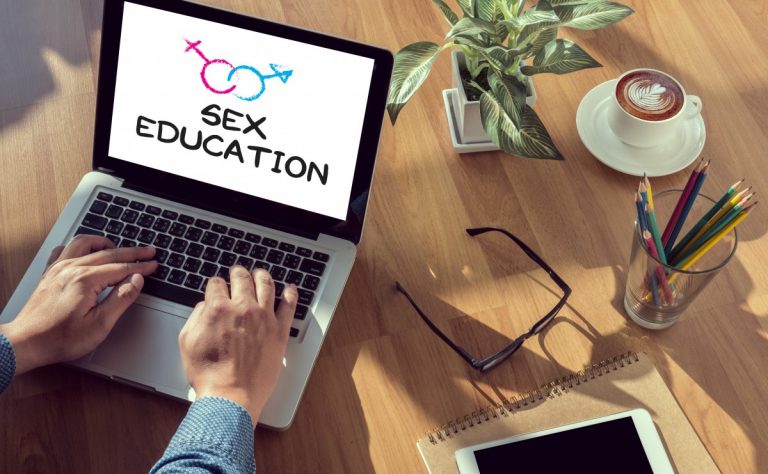
In the modern world, we consume everything online. Our news and shopping habits have mostly migrated online, and even our education is heading that way. Could the way children and young people learn about sex drift into the online sphere, too?
According to Tes it already has.
In what Tes described as the “YouTube generation”, millions of teenagers are seeking information about sex and relationships through vloggers.
For those who do not receive all the answers they need about the birds and the bees, YouTubers can provide a wealth of information to fill in the gaps.
Teachers, it seems, could learn from the sex ed bloggers – after all, they must be doing something right to rack up millions of views.
Hannah Witton in the United Kingdom, “Sexplanations” and Laci Green in the United States are three of the most popular YouTube channels currently giving students the lowdown online.
Sexplanations will have a RELATIONTIPS episode out for you tomorrow. In the meantime have you seen last week's video!?!?! Please watch and share and share some more. https://t.co/JD6ih0WwKL
— sexplanations (@elleteedee) November 15, 2017
Many teachers simply are not confident enough to deliver extensive sex education. Plus students can feel as if they are being lectured and end up feeling disconnected from it when the information is delivered by an adult they see in a position of power. YouTubers, however, are much more relatable for young people because they are closer in age and deliver the information in a direct manner.
Amanda Townsend, a UK classroom assistant, told Study International that in schools, sex education relies on whoever is confident enough to teach it. “It is about confidence,” she said. So where there are understandably varying standards of sex education, children often turn to the Internet.
However, despite this, Dr Polly Haste from the Sex Education Forum, told Tes: “All the data says that school is young people’s preferred source of information about sex.
“We cannot leave them to their own devices, as we would not be meeting statutory obligations to safeguard children.”
sex isn't evil.
sex for pleasure isn't evil.
sex for love isn't evil.
men have sex.
women have sex.
99% of people have sex.get over it.
— Laci Green (@gogreen18) October 7, 2017
Jenny Barksfield, PSHE Association senior subject specialist and deputy CEO told Tes young people “are increasingly turning to the Internet for information on all aspects of life, so it’s not surprising this would include vlogs on sex and relationships – especially if they feel that the SRE they receive in schools does not meet their needs.
“Where pupils are getting high-quality PSHE education, including SRE, we would expect the need to find answers online would be greatly reduced.”
So perhaps vloggers are not as essential to sex education after all, but are picking up the slack where schools are failing.
Clinical sexologist Dr Lindsey Doe, who heads up Sexplanations, told Tes YouTubers cannot substitute well-trained teachers.
“Sex-ed vlogs are an amazing resource,” Doe said. “But they cannot replace the experience of learning with a room full of people and an expert devoted to organised and thought-out lessons.”
Liked this? Then you’ll love…
Sex education around the world: how were you taught?
Quebec makes sex education mandatory – 10 years after abolishing it







